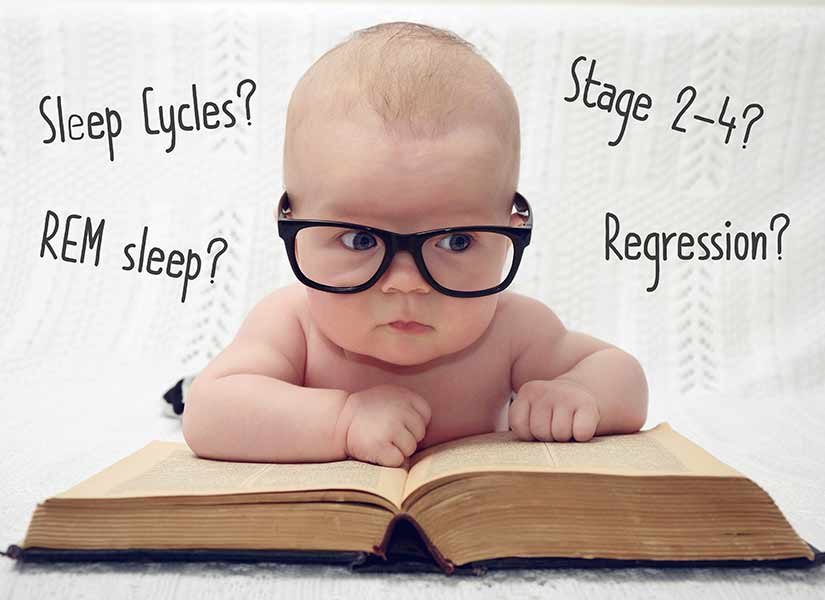

19 month sleep regression tv#
While only small amounts of supervised TV are recommended for toddlers 18 months and older, life definitely gets in the way. A better imagination and a greater understanding of stories and TV shows may prompt a fear of the dark, nightmares or even night terrors in toddlers. Potty training. Transitioning from diapers to the potty is another factor behind a toddler sleep regression. You’ll no doubt hear your name called (over and over) and the demand “me up now!”

From just a couple of words at age 1 to up to 200 by age 3, your toddler’s language skills are being put to good use at night and during his nap. This process can mean missed naps or ones that are short-changed. Most toddlers move from two naps a day at age 1 to one nap by the end of the second year. Your toddler’s pearly whites are causing pain and disrupting his sleep, thanks to the appearance of the canines and upper and lower molars.
19 month sleep regression how to#
Pulling up and then not knowing how to get back down, plus cruising, walking and climbing are just a few neat tricks your kid is practicing that can cause him to go through a sleep regression. Separation anxiety. Toddlers go through this phase like they did when they were babies, which is one cause of sleep regression and means clinging to and crying for their favorite people (namely Mom and Dad). What causes toddler sleep regression?Īs for what causes sleep regression in toddlers, the answers can usually be connected to the physical skills your tot is mastering and certain developmental phases.
19 month sleep regression crack#
If your toddler is suddenly up at the crack of dawn, it could mean he's going through a sleep regression.

Whether your tot scales his crib sides or simply rolls out of his new toddler bed, these escape tactics may indicate a sleep regression. Your child may be extra clingy and grab ahold of you when you try to leave his room to express separation anxiety. Toddlers need between 11 and 14 hours of sleep a night, so if your tot is super cranky, he could be sleep-deprived and going through a regression. Night waking. Suddenly waking up again overnight is another sign of a sleep regression. If a string of “no's” accompanies the nap put-down, or your tot misses an afternoon snooze, it could be signaling a sleep regression. There are lots of clues you can watch for if you suspect a toddler sleep regression, such as:įighting the nap. While toddler sleep regression is temporary, usually lasting only a few weeks, it’s also quite common and can occur at 12 months, 15 months and 18 months, as well as at the 2-year and 3-year marks.

What is a toddler sleep regression?Ī toddler sleep regression is an interruption in your child’s regular napping and nighttime schedule, causing him to skip or shortchange a nap, repeatedly wake up during the night or rise extra early in the morning. Here’s more about what toddler sleep regression is, plus common causes and ways to get your tot back on the right sleep track.


 0 kommentar(er)
0 kommentar(er)
